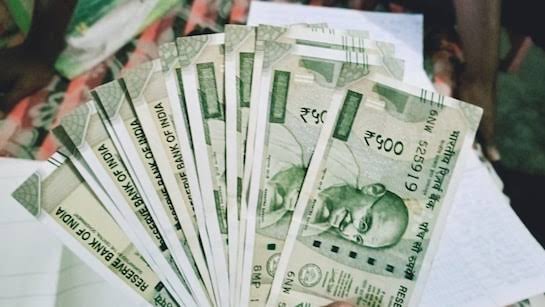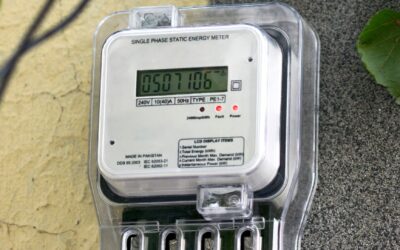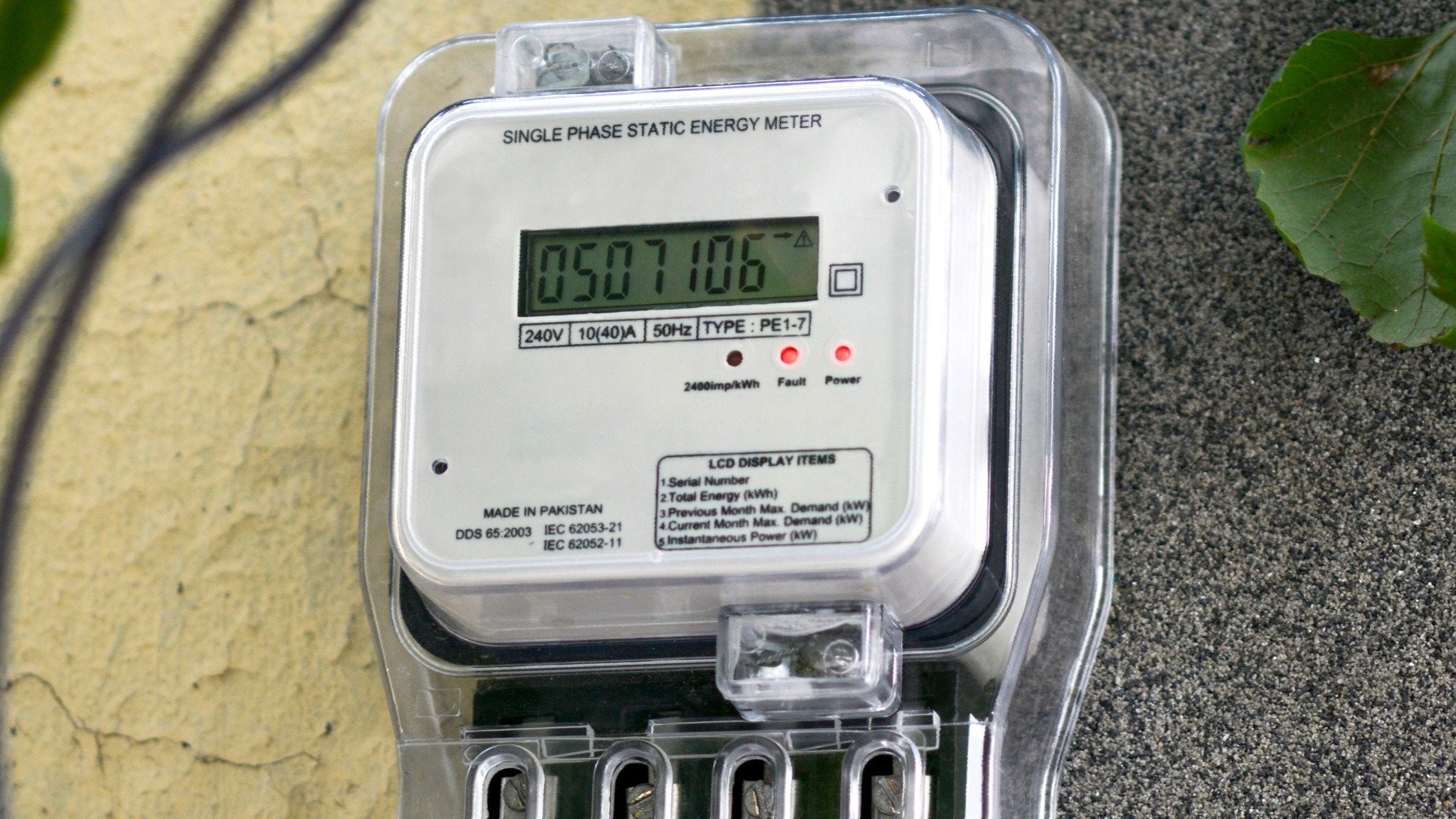Odisha SPSEs Owe ₹3,593 Crore in Pending Dividends to State Government

Audit reveals lack of monitoring and control behind years of non-payment by profit-making enterprises
Bhubaneswar : A recent audit by the Accountant General has revealed that state public sector enterprises (SPSEs) in Odisha owe a massive ₹3,593.52 crore in unpaid dividends to the state government, exposing serious lapses in financial monitoring and internal control mechanisms. The audit found that 23 SPSEs, most of which are profit-making entities, have failed to remit dividends for several financial years between 2017-18 and 2024-25.
According to the draft audit report accessed by The New Indian Express, despite repeated directives and clear financial guidelines, the state’s SPSEs did not comply with the rules set by the Finance Department. The department’s office memorandum issued in February 2016 mandates all state PSUs to pay an annual dividend to the government amounting to 30 percent of either the profit after tax (PAT) or the state government’s equity—whichever is higher.
Major Defaulters Among State Enterprises
The audit highlighted that several of Odisha’s major public sector undertakings, including energy and mining corporations, have not paid dividends for multiple years despite reporting consistent profits. Odisha Power Transmission Corporation Limited (OPTCL) topped the list with an outstanding dividend of ₹1,616.77 crore, followed by Odisha Power Generation Corporation Limited (OPGC) with ₹516.88 crore, and Odisha Hydro Power Corporation Limited (OHPC) with ₹315.03 crore pending.
The report further noted that Odisha Mining Corporation Limited (OMC) owes ₹319.52 crore, Odisha Coal and Power Limited (OCPL) ₹242.24 crore, Odisha State Financial Corporation (OSFC) ₹205.64 crore, Industrial Promotion and Investment Corporation of Odisha Limited (IPICOL) ₹155.37 crore, and Odisha Lift Irrigation Corporation Limited (OLIC) ₹67.26 crore.
Officials said the cumulative pending dividend represents a significant loss of potential non-tax revenue for the state, especially at a time when Odisha continues to rely heavily on borrowings for its capital expenditure.
Lapses in Monitoring and Financial Oversight
The audit attributed the accumulation of unpaid dividends to weak oversight by the Finance Department. “This was due to lack of effective monitoring of the financial health of SPSEs, which hindered the assessment of the dividends that should have been collected,” the report stated.
It was also observed that several SPSEs failed to submit their annual accounts to the Accountant General, further complicating the process of dividend calculation and verification. Without audited financial statements, the state government could not assess or demand the dividends due to it.
The report emphasized the need for the Finance Department to implement stronger internal controls and introduce mechanisms for automatic dividend assessment and recovery. “Since the state government relies on borrowings for its capital expenditure, interest may be charged to encourage timely remittance of dividends to offset the additional financial burden caused by the delay,” the report suggested.
Government Moves to Recover Pending Amounts
In response to the audit findings, the Finance Department has directed all administrative departments to ensure that the outstanding dividends owed by SPSEs under their control are paid within the next 15 days. The directive aims to recover dues swiftly and establish accountability among the enterprises.
As part of corrective measures, the government has also revised the dividend policy for major profit-making enterprises. The Odisha Mining Corporation (OMC), one of the state’s most profitable PSUs, has been instructed to pay 90 percent of its annual profit after tax from the 2024-25 fiscal year onward, as per the revised guideline issued in March 2025.
Experts have lauded the move, noting that efficient dividend recovery can significantly enhance the state’s non-tax revenue and reduce its dependence on external borrowings. However, they caution that without strict enforcement and real-time monitoring, such financial lapses may continue to erode fiscal discipline across state-owned enterprises.








